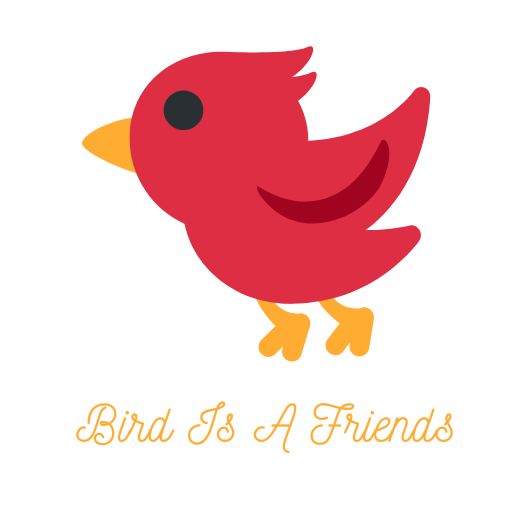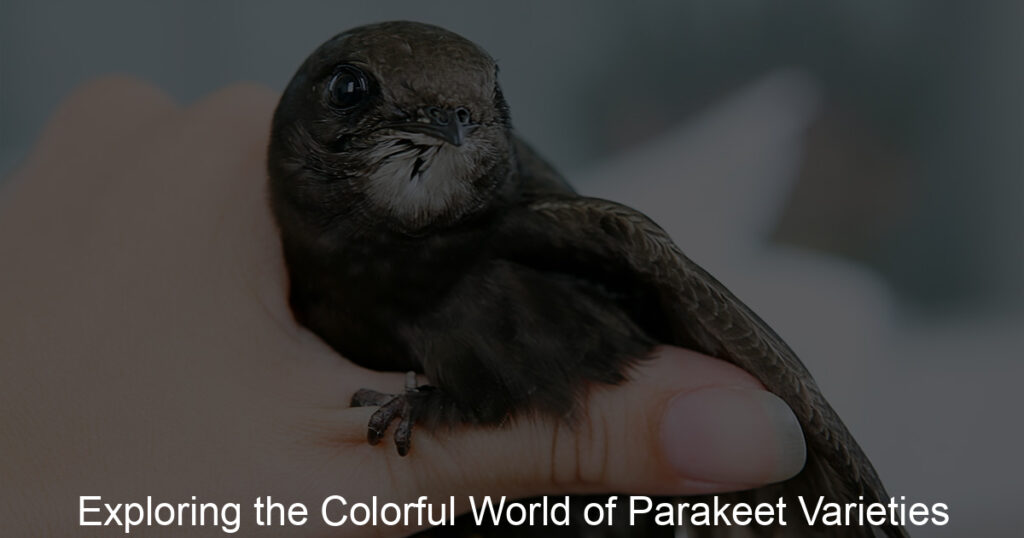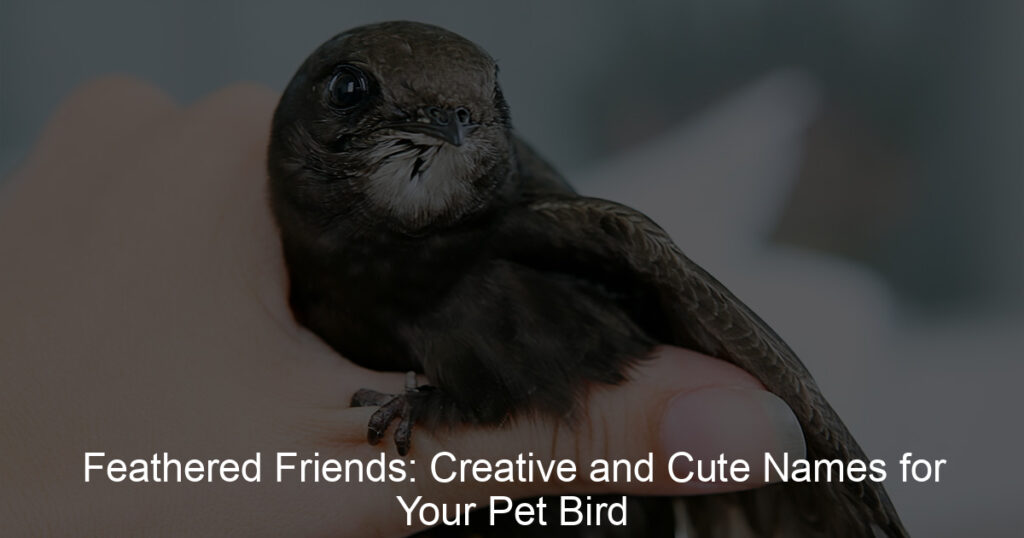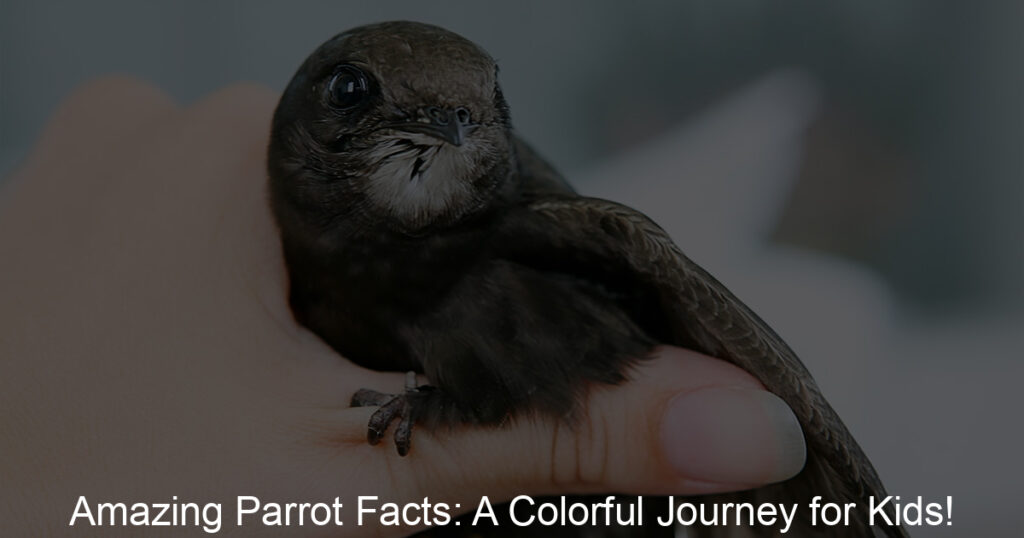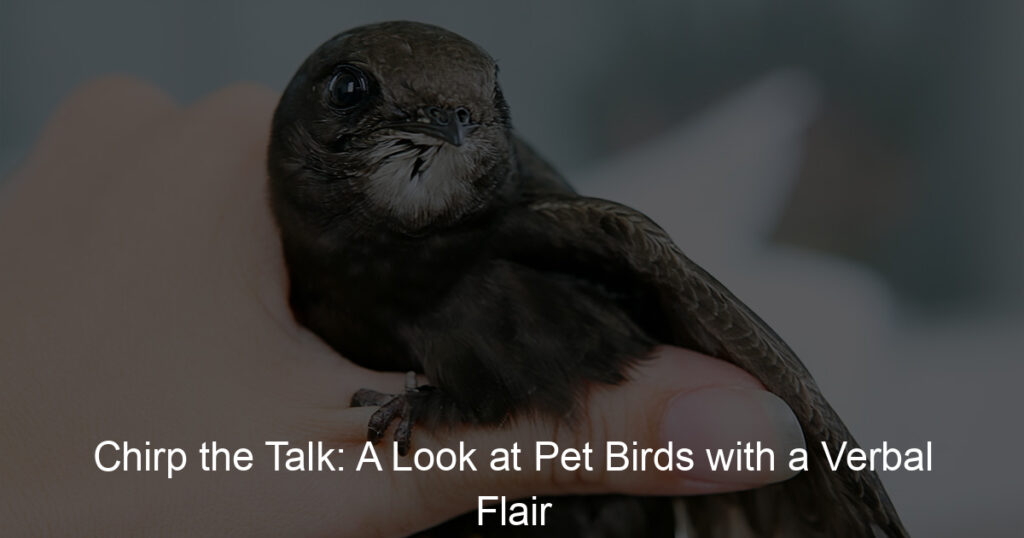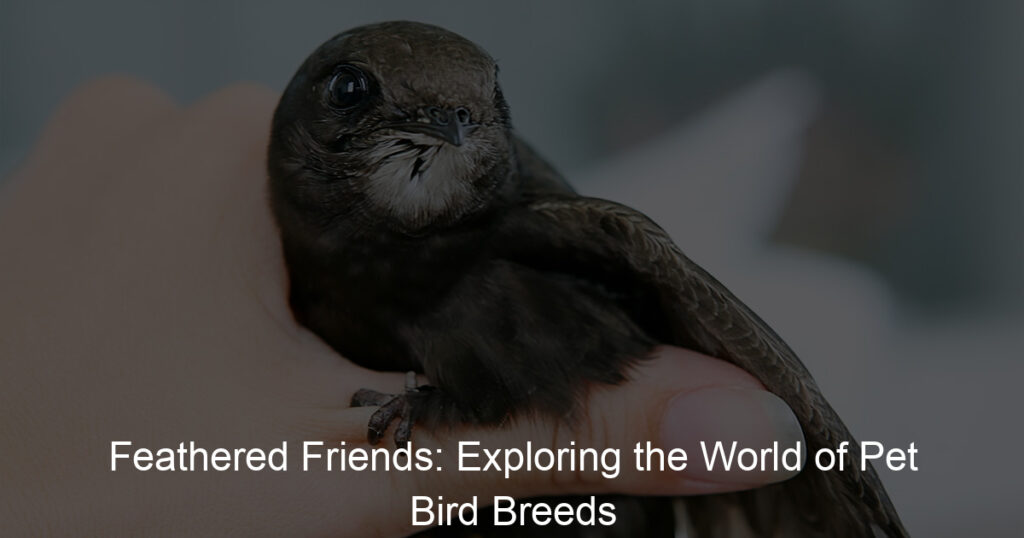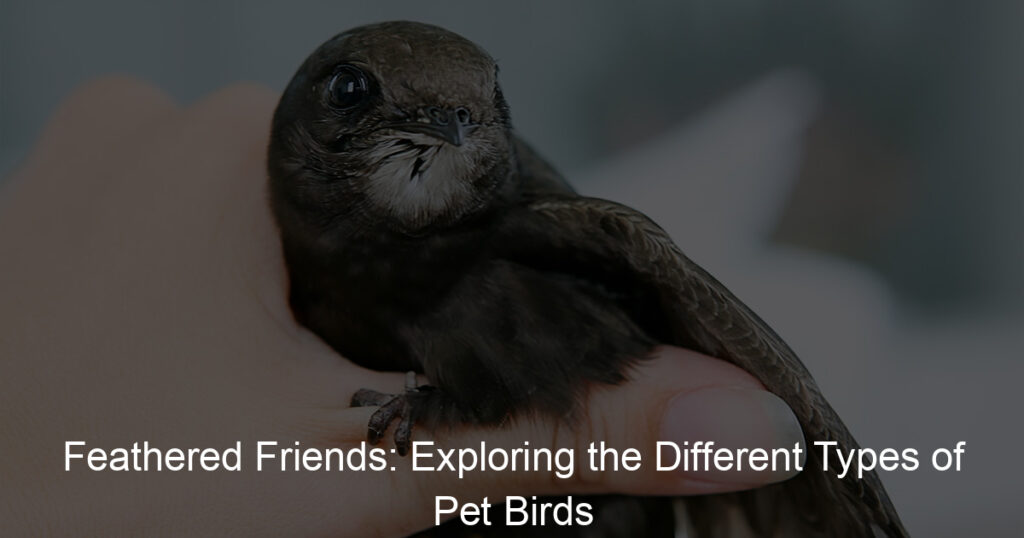Do you have a finch and wonder if there aren’t better, safer ways to handle it? Handling birds is an important part of caring for them and helps to form bonds with your feathered friends. As pet owners, it’s our responsibility to ensure their well-being when we interact with them.
That’s why having a good understanding of the basics of how to safely handle your finch is essential! In this blog post, we will explore some tips and guidelines on the best ways for you to hold onto your little buddy without causing any harm or discomfort. If you’re ready to learn how to handle your finch safely, let’s get started!
How do you handle finches?
Handling finches is an incredibly rewarding experience. They are generally gentle, curious birds who love to explore and play. The best way to handle finches is by keeping two hands when holding them. One hand should hold the chest firmly but gently from underneath the bird’s belly, while the other hand creates a comfortable resting spot on top of the bird’s back.
When first getting used to being handled, it might be helpful to use gloves to provide extra grip and comfort for both bird and handler. Beyond that, it’s important to always be cognizant of signals that your finch might be uncomfortable or feeling intimidated – ruffled feathers or a turned head or tail are signs that they need a break and would appreciate some space.
How do you take care of a small finch?
Taking care of a small finch is a lot easier than it looks! You need to provide the bird with a comfortable and safe cage for them to live in, preferably one with several perches and other accessories like ropes and swings. Ensure the cage is placed away from drafts or windows where the sunlight can direct hit them.
Secondly, you will have to arrange food that is nutritionally balanced for your bird. A good combination of pellets, vegetables, fruits, pasta, and some properly cooked grains should make up its diet. Finch also loves protein-rich foods like insects or seeds so you could give those as occasional treats.
Lastly, they need daily interactions which include talking gently to them and providing plenty of playtimes in order for your finch to remain healthy both mentally and physically. With just these steps in mind, caring for a finch should be an enjoyable experience!
How do you make finches friendly?
Finches are social birds and can easily learn to recognize their owners, making them very friendly in the right environment. To make finches friendly, it’s important to provide them with plenty of safe space to explore while providing a few essentials such as food, water dishes, and perches.
It’s also recommended that they be handled regularly so they become used to contact and you can even try talking or singing quietly near their cages since they enjoy vocalization. Additionally, try offering some special treats every now and then – cooked egg yolk or mashed banana is sure to please any finch!
With regular encouragement and proper care, this curious species will become quite attached and personable to their owners.
How do you set up a finch cage?
Setting up a finch cage is an easy task that doesn’t require much but can help keep your new feathered friends safe and happy. Before choosing a cage, consult with an expert to figure out what size of the cage is best for your finch.
Once selected, it should be positioned in an area with indirect sunlight and provide ample space for perches, swings, and toys. Line the bottom of the cage with newspaper or other absorbent material so that any messes are easy to clean.
Finches love having multiple perches and using different kinds of branches like birch, pine, or grapevine can make them feel more at home. Be sure to change all bedding materials on a regular basis, either weekly or bi-weekly (depending on how many birds you have), because they will need to be kept in a clean environment to remain healthy.
Should I cover my finch cage at night?
Many people wonder whether they should cover the cage of their finch at night. Generally speaking, the answer is yes – when it is dark, your finch will be calm and less likely to fly around quickly; a covered cage can also provide your bird with much-needed privacy and a feeling of security.
Additionally, covering the cage at night can help keep your finch from being woken up too early in the morning if there are other light sources in the room such as street lights or an electronic clock. All in all, daylight hours are fine for keeping your finch’s cage uncovered, but make sure to cover it back up before the lights go down for maximum comfort and safety.
The Bottom Line
Handling your finch with care is essential for both its well-being and yours! With the guidelines provided here, you can properly protect yourself and your pet finch. In other words, proper handling of a finch not only protects the bird but for your own health as well.
Ensure that you wash your hands before and after handling the bird to prevent further transfer of bacteria or illnesses between you two. Additionally, while birds are naturally social creatures, it is important not to overhandle them. Finches need time apart from human interaction to rest and relax with their flockmates or be alone to explore their environment.
Therefore, overall it is possible to safely interact with your pet finch if you follow these basic tips: pay close attention when handling it; keep nails trimmed; wear gloves during handling; use thick gloves when transferring unsecured birds; never force them off perches; carefully lift the bird from above so that their wings remain tucked against the chest; prevent animal escape attempts; always monitor body language for signs of distress or aggression; inquire about bird-safe materials prior to purchase or adoption; wash hands frequently; and provide ample time for rest outside of human interaction. Doing so will ensure that everyone stays happy, healthy, and safe!
